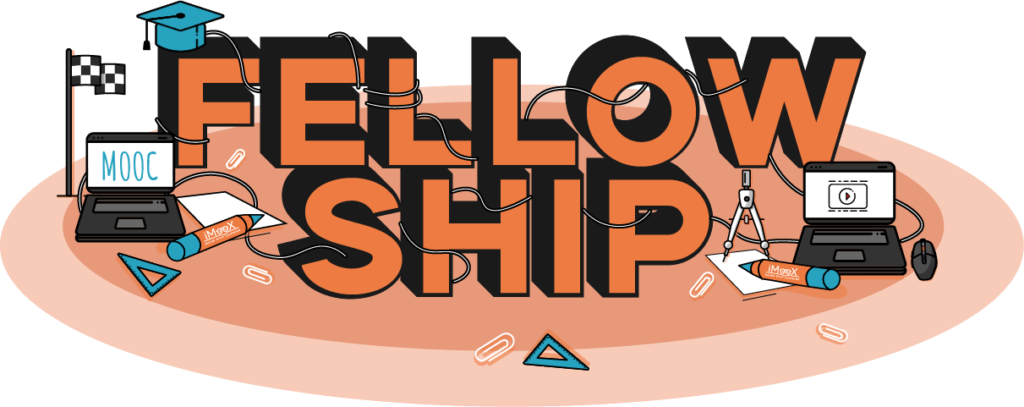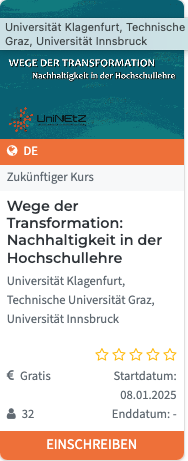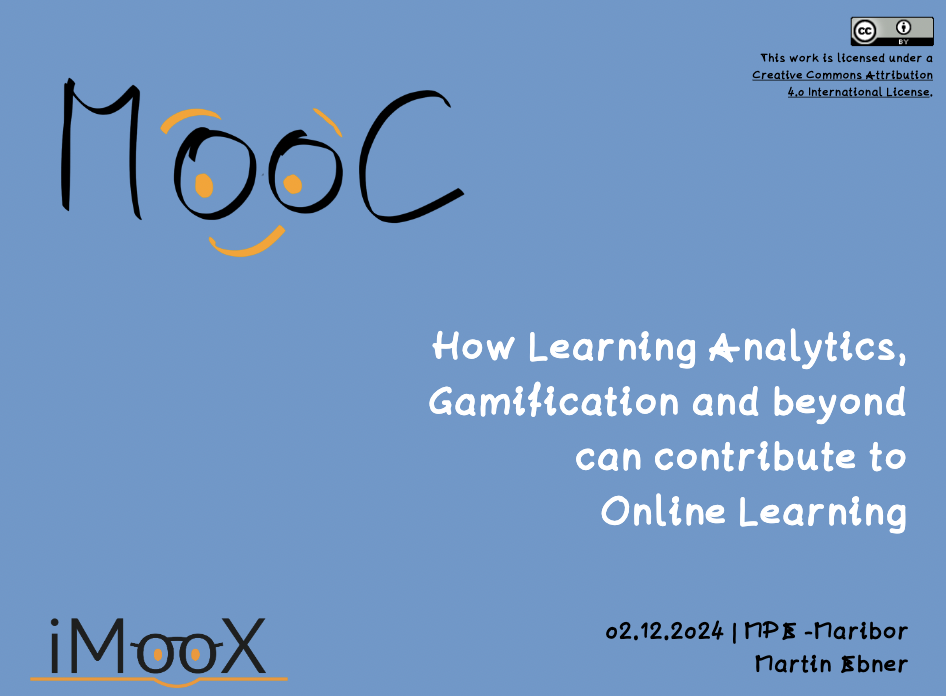Ich freu mich, dass es wiederum gelungen ist eine iMooX-Fellowship-Ausschreibung zu veröffentlichen. Wir wollen hiermit die Wiederverwendung von OER sichtbarer machen und auch gleichzeitig sehr wertschätzen. Was ist das aber genau?
Wir bei iMooX.at möchten die Nutzung unserer offen lizenzierten und kostenfreien MOOCs in der Hochschullehre aktiv fördern und unterstützen.
Als „Fellow“ bei iMooX.at integrieren Sie eines unserer MOOC-Angebote Ihrer Wahl, von dem Sie nicht selbst der:die Ersteller:in sind, didaktisch effektiv in die eigene Hochschullehre. Ziel ist dabei, die OER-Lernangebote von iMooX.at aktiv in der (Hochschul-)Community einzusetzen und weiterzuverwenden.
Wir garantieren Ihnen, dass der MOOC während Ihres Fellowships immer zur Verfügung steht und gewartet wird und stehen für technische und didaktische Fragen zur Verfügung. Sie bekommen also aktive Unterstützung unsererseits für einen möglichst reibungslosen Einsatz des MOOCs bei Ihren Studierenden.
Im Gegenzug dazu erhalten Sie von uns ein Zertifikat als „Fellow“ für die erfolgreiche Durchführung Ihres Bildungsangebotes unter Einbeziehung eines MOOCs. Zusätzlich werden Sie als Fellow auf iMooX.at namentlich genannt.
Die Bewerbungsfrist endet am 31.3.2025 und am 10.4.25 freuen wir uns dann die nächsten Fellows bekannt geben zu dürfen. Hier gibt es mehr Informationen und auch den Link zum Bewerbungsformular: https://imoox.at/page/fellowship








